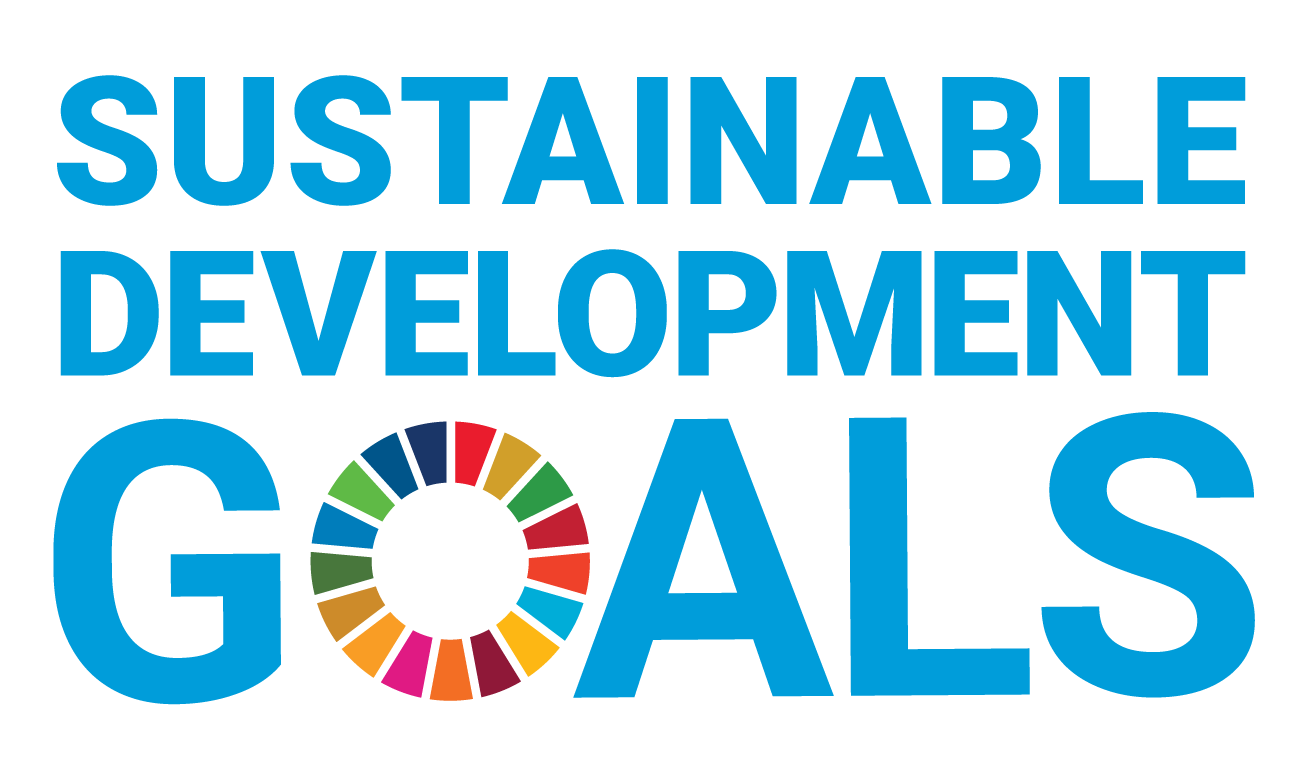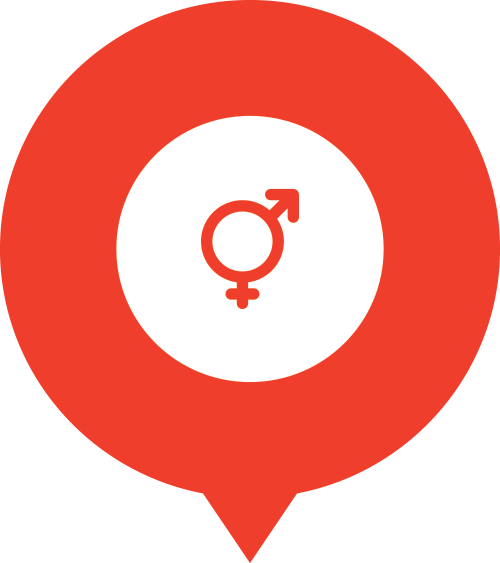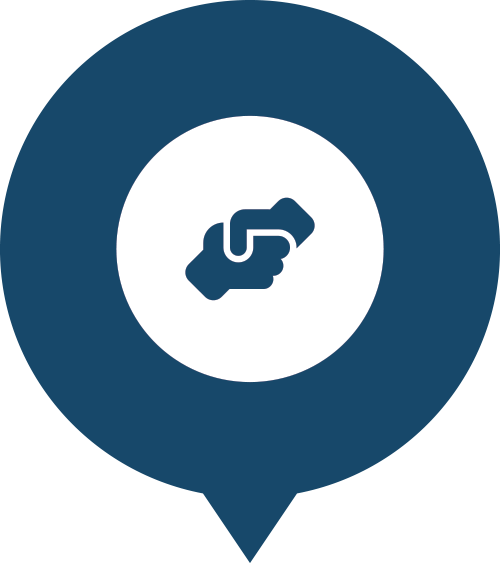Skills Training for Employment in Mozambique (STEM) builds on the groundwork laid by CICan’s EFE-Africa project in Mozambique. This six-year program is implemented in partnership with the Government of Mozambique in the Tete and Cabo Delgado provinces at four technical and vocational institutes.
Teacher training, management training and procurement of industrial training equipment are the cornerstones of the project that will lead to an enhanced quality and delivery of demand-driven, competency-based, gender and environmentally-sensitive training programs.
Extracting Education
Focused on the extractive sector (mining, oil and gas), STEM is increasing opportunities for Mozambican men and women in the country’s growing economy. The program is strengthening the quality of skills training programs in the selected provinces and improving the delivery of extractive education through competency-based curriculum development. CICan is also working with the Ministry of Education in Mozambique to develop private partnerships and secure industrial training equipment to give students hands-on experience with the daily tools that form their profession.








